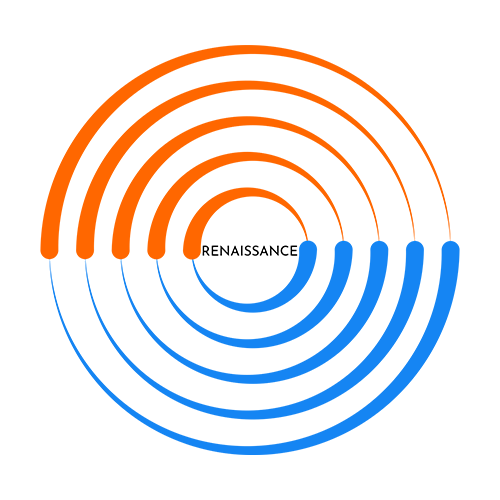The Infinite Contest
#
If you have never had the opportunity to watch any of Simon Sinek's videos, then now is that chance. If you are unfamiliar with his work here is a quick summary of what he teaches. In today's data driven economy, corporations have gotten out of touch with the reason Why they are in business in the first place. People are just numbers, employees are disposable and all that matters is profits; profit > impact. He points out how this mindset is actually backwards and illustrates how the inverse is the way to scale; impact > profit. In short, he teaches people to start with their Why - why are they even in business in the first place? What was the founding vision?
In the video that inspired me to write this blog post, Simon goes a bit deeper into the Why of the Leader of any organization. The leader is the one that most influences the culture, direction and pace of the organization. Businesses end up being profit focused when the leadership becomes to attached to profits and perfection instead of people and progress. Leaders fail to make the necessary shift from moving from a technician (someone that knows the job), to an entrepreneur (someone that builds a business around the job). This often leads to micro-management because they still think their job is to grow the business when their job is actually to nurture the people, who's job is to grow the business. Scaling isn't a binary action, you don't go from 10 customers a month to 10M customers a day with a single marketing campaign, a training session or the first version of an app - it takes many iterative cycles of failures and improvements over many seasons and this includes the way we lead.
That leads us to the Infinite Game. Old hat thinking says that for a business to grow it must be the Winner, we need record breaking quarterly returns and increases in stock value. And yes, achieving this goal insures some level of growth but more than anything it stifles competition, which inhibits growth all around - and worst, it starves the people that actually make that organization function, the players. This is a Finite Player playing an Infinite Game - they only play to achieve that myopic goal instead of a larger set of goals that ensure the health and long term stability of the organization. Simon uses a baseball game to demonstrate the difference. A baseball game is a Finite Game; it has a predetermined set of rules and agreed upon conditions of victory and loss. The game itself is finite, it ends; but the game of owning a baseball franchise is an Infinite Game. Franchises that only care about wins and ticket sales and don't spend the resources nurturing the team, are stuck playing a Finite Game. And when the team suffers, the game suffers and the whole franchise loses, and so do the fans. But when they are focused on the fun, on just building a strong successful team that plays their heart out every game for the community that supports them, then they are playing the Infinite Game.
So what Game are you playing?
I can tell you what game we are playing. As a platform, we primarily serve the end users need to "level up". What I mean by this is that we want to provide access to anything and everything that can help an individual improve some aspect of their life. Whether it's managing personal data, finding the product they need or connecting to a network of others to share, trade, collaborate and support each other. Reaching 7+ Billion people is damn near an impossible task but a challenge we accept. The way this is even made possible is providing a platform that allows change makers and entrepreneurs to efficiently and securely meet the needs of the end-users of their products, content or services. In truth it is a full-circle ecosystem.
As a leader and an individual or end-user, I also have to ask this question of my myself, what game am I playing? To find that answer I look at what are my biggest concerns? To me, right now my concerns are about creating structure that will attract Patrons so that we can consistently meet the needs of team members in their efforts to keep us growing. As we move through different phases my personal focus can shift a little but I will always prioritize the impact I create immediately around me - and that is with the team, friends and family.
